This story is part of our Rainbow Rewind 2019 series—looking back at the past year and decade in politics, health, culture and more.
Oh, what a year. We saw major wins and losses when it came to LGBTQ2 rights—and the people in power—in 2019. Across the globe, queer and trans people stood their ground, called out hatred, voted their conscience and tried to effect change. From a gay American vying to become president, to the battle against a fast food restaurant’s anti-queer politics to the oh-so-gay Canadian election, here are some of the highs and lows of this year in LGBTQ2 power and politics.
Chick-fil-A versus The Gays
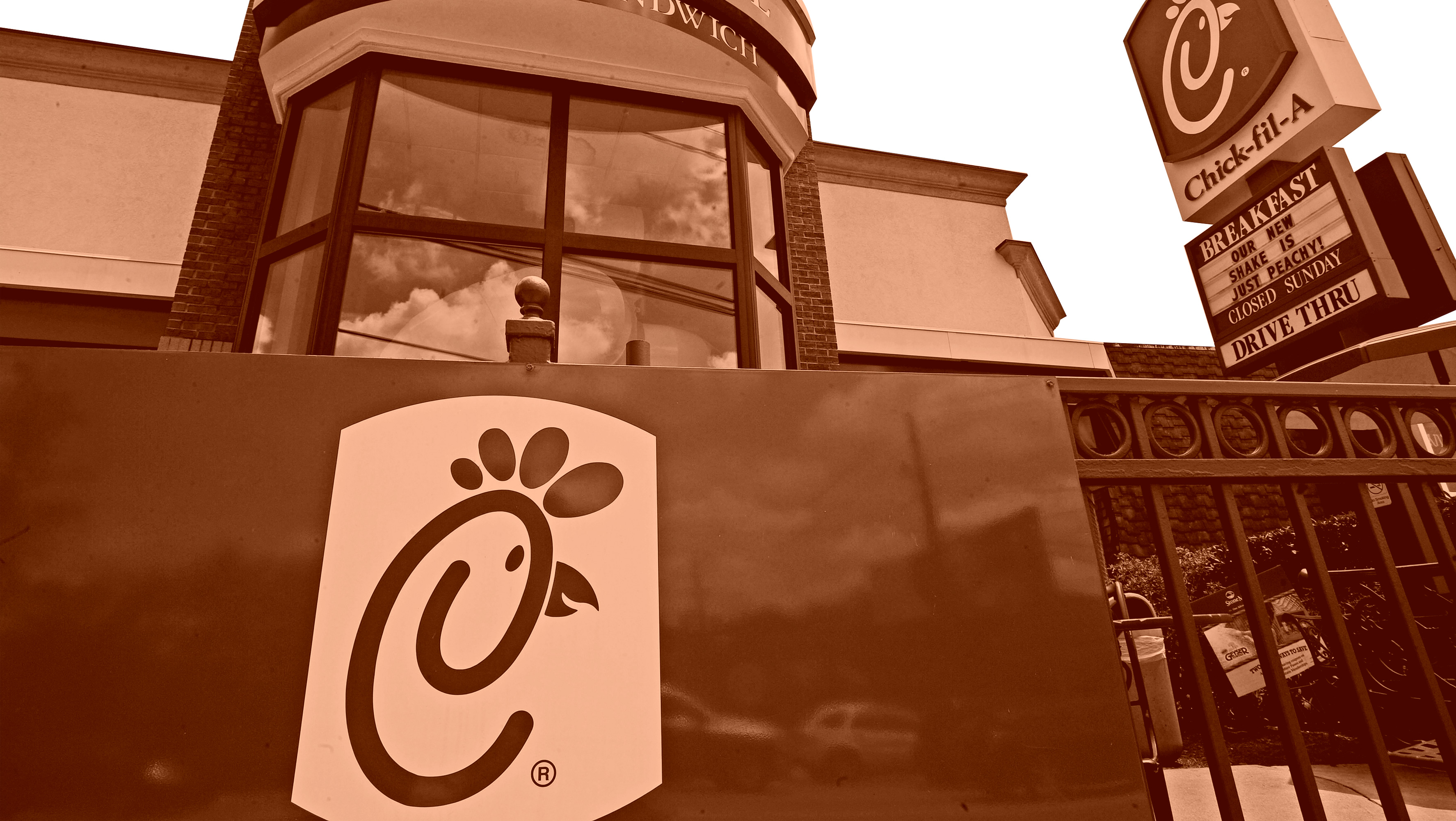
Sorry to this chicken sandwich, but the gays won’t be silenced.
The American restaurant Chick-fil-A faced a serious pushback this year after the opening of locations in Canada and the U.K. were met with protests from LGBTQ2 people and allies. The reason? The company has a long history of supporting anti-LGBTQ2 initiatives and organizations.
The fast-food chain tried its luck in the Canadian market, for the third time. The first attempt was in Edmonton in 1994 (that store closed after less than three years) and then in Calgary in 2014 (which closed in early 2019). In September, the company opened its first location in Toronto and was welcomed by a crowd of LGBTQ2 and animal rights protesters.
And after a successful pop-up in Edinburgh in 2018, Chick-fil-A opened its first U.K. store in October of this year. That franchise’s opening was also met with protests from LGBTQ2 people. The backlash was so strong that the company announced the location’s closure after six months.
Chick-fil-A has a long history of supporting organizations that hold homophobic and transphobic views. When protests from LGBTQ2 communities grew larger, the owners of Chick-fil-A began to downplay their opinions on gay rights. In 2012, WinShape Foundation, a charity started by the founder of Chick-fil-A, released a statement promising that Chick-fil-A would “no longer give to anti-gay organizations, such as Focus on the Family and the National Organization for Marriage.” But despite promises to do better, the chain continued to donate large sums of money to organizations affiliated with anti-LGBTQ2 causes: nearly $2 million in 2016, and more than $1.8 million in 2017.
In November, Chick-fil-A announced yet again that the company would no longer donate to charities with anti-LGBTQ2 views. In an interview with Bisnow, Chick-fil-A President Tim Tassopoulos said: “There’s no question we know that, as we go into new markets, we need to be clear about who we are. There are lots of articles and newscasts about Chick-fil-A, and we thought we needed to be clear about our message.” This announcement was met with anger by some social conservatives. One Trump-supporting Evangelical pastor, Franklin Graham, went as far as to ask his followers to pray that Chick-fil-A not “cave to the LGBTQ agenda.”
Both GLAAD and the Human Rights Campaign reminded the public to remain skeptical—Chick-fil-A has promised to stop donating to anti-LGBTQ organizations in the past, but it has yet to follow through on that promise.
And it’s still not clear where the company stands: After the announcement in November, Vice asked the company if it will stop donating to organizations that oppose LGBTQ2 rights. In a statement, Chick-fil-A President Tim Tassopoulos said: “No organization will be excluded from future consideration—faith-based or non-faith-based.”
The resurgence of gay-straight alliances
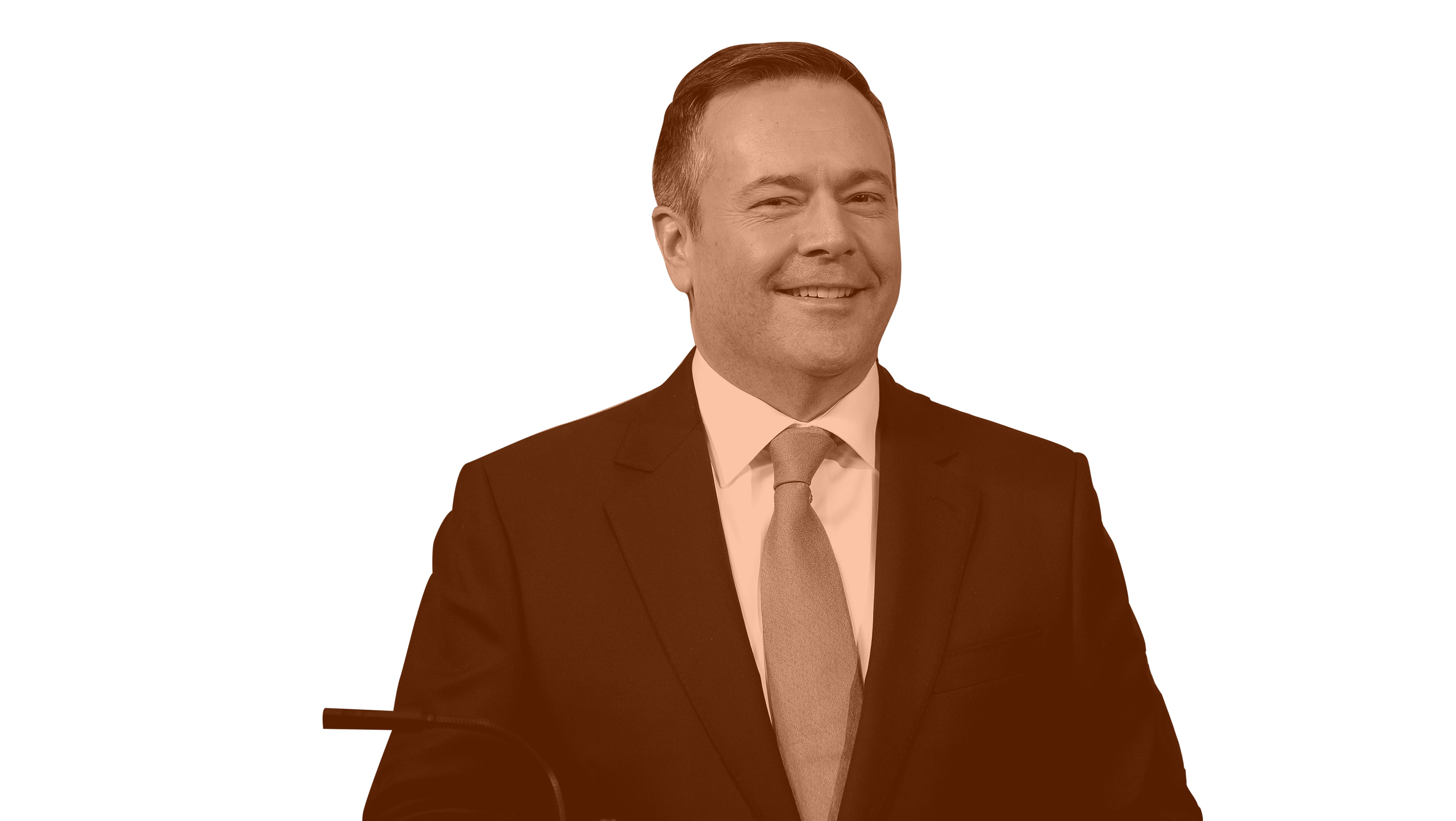
This spring, LGBTQ2 students in Alberta feared an undoing of the communities they’d built in their schools. In March, Jason Kenney—then the front-runner in the race for the province’s premiership—announced plans to roll back protections for LGBTQ2 students. These rollbacks included the right for parents or guardians to be informed if a student joined a gay-straight alliance (GSA), potentially outing teens and putting them in unsafe situations at home.
Protests against the proposed changes took place across the province—reigniting a decade-old debate over GSAs in the country. In 2012, that debate came to a head in Ontario, when then-premier Kathleen Wynne announced legislation to protect GSAs in all schools—including publicly funded Catholic schools, where some staff opposed their creation and tried to prevent students from establishing the groups. The province’s GSAs are now able to thrive because of their legal protections.
In Alberta, similar protections were put in place by former governments, including Rachel Notley’s NDPs in 2017. But many feared a government led by Kenney might undo those protections.
Those fears became a reality when Kenney won the election in April. And in July, the United Conservative government successfully amended the Education Act, removing all protections to GSAs passed by Notley’s government, including the ability to contact parents and guardians about a student’s participation in the groups. It remains to be seen what the next three years under Kenney will look like for queer and trans students in Alberta.
Efforts to improve queer and trans rights in Canada
When his Liberal Party was first elected into power in 2015, Prime Minister Justin Trudeau was touted as a beacon of hope for LGBTQ2 people in Canada.
Trudeau vowed to improve the rights of queer and trans Canadians during his tenure as PM. And by the end of 2018, he’d already made good on many of his promises: His government played a role in passing Bill C-16, which created legal protections for trans Canadians, and last June, he permanently destroyed the records of those previously convicted for having consensual gay sex.
Those strides continued this year. In May, restrictions on blood donations for men who have sex with men (MSM) were reduced. The blood ban was previously in place for MSM who had had sex within a one-year window; this year, that deferral period was reduced to three months. The change is seen as a move in the right direction—but given that there is still no scientific consensus supporting any deferral period whatsoever, LGBTQ2 activists are calling for the ban to be lifted altogether.
A month later, the federal government announced that Canadians who were trans, non-binary or gender nonconforming could indicate their gender as “X”—not male or female—on their government-issued IDs. Canada became the tenth country in the world to offer the option.
And in July, more than 700 victims of Canada’s gay purge received compensation in a settlement that found their dismissal and treatment working for the Canadian government wrongful. Trudeau had previously apologized for the purge in 2017, noting that the government had failed LGBTQ2 Canadians.
But as Fae Johnstone writes, Trudeau’s Liberals leave much to be desired when it comes to LGBTQ2 issues. Re-elected for a second term, Trudeau’s government has yet to eradicate Canada’s blood ban, nationally ban conversion therapy or provide greater access to life-saving and gender-affirming healthcare.
Canada’s federal election gets very gay
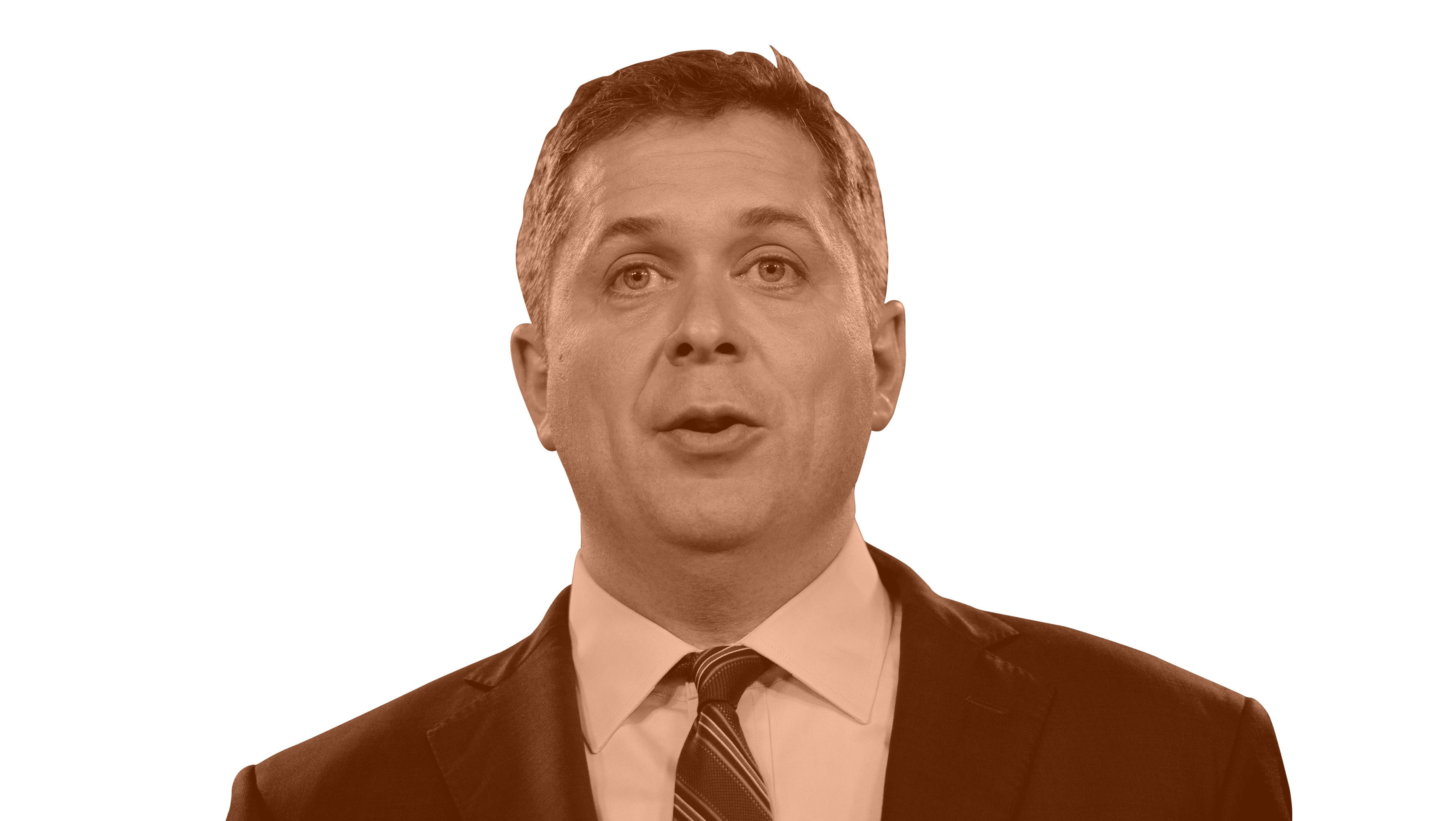
While there were plenty of LGBTQ2 issues members of queer and trans communities and their allies hoped a new federal government would address, no one expected the Canadian election to be so gay.
Even before the official campaign kicked off, Conservative leader Andrew Scheer was hit with accusations about his attitude toward homosexuality. A video of Scheer railing against gay marriage during Canada’s 2005 Civil Marriage Act debates resurfaced during the August weekend of Ottawa Pride. In the video, Scheer compares gay marriage to “dog tails,” and notes that same-sex couples lack the “inherent features” of marriage, including the ability to biologically procreate. Scheer has refused to apologize for his past remarks.
This foreshadowed a two-month-long campaign discussing where leaders stood on issues of queerness and marriage equality—issues that, for many LGBTQ2 Canadians, had already been addressed and dealt with. But Scheer hasn’t shaken the commentary on his personal politics; many political studies professors and commentators say it’s unlikely he’ll remain Leader of the Opposition for much longer.
Meanwhile, Justin Trudeau faced his own quandary when photos of the PM dressed in blackface—on multiple occasions—were released by media. The incidents, which occurred once when he was a student and again when he was a teacher at a Vancouver high school, complicated the leader’s history as a progressive on matters of diversity. Trudeau’s Liberals still managed to prevail, albeit with a minority government.
The election raised other issues for LGBTQ2 Canadians. Several trans people were deadnamed on their voter cards—all of whom had legally changed their names prior to receiving them.
And for queer and trans politicians, representation decreased in the House. Just four queer MPs—only one of whom was not an incumbent—were elected to the 43rd Parliament, and all were white men. That’s down from six elected in 2016.
Mayor Pete enters the U.S. presidential race
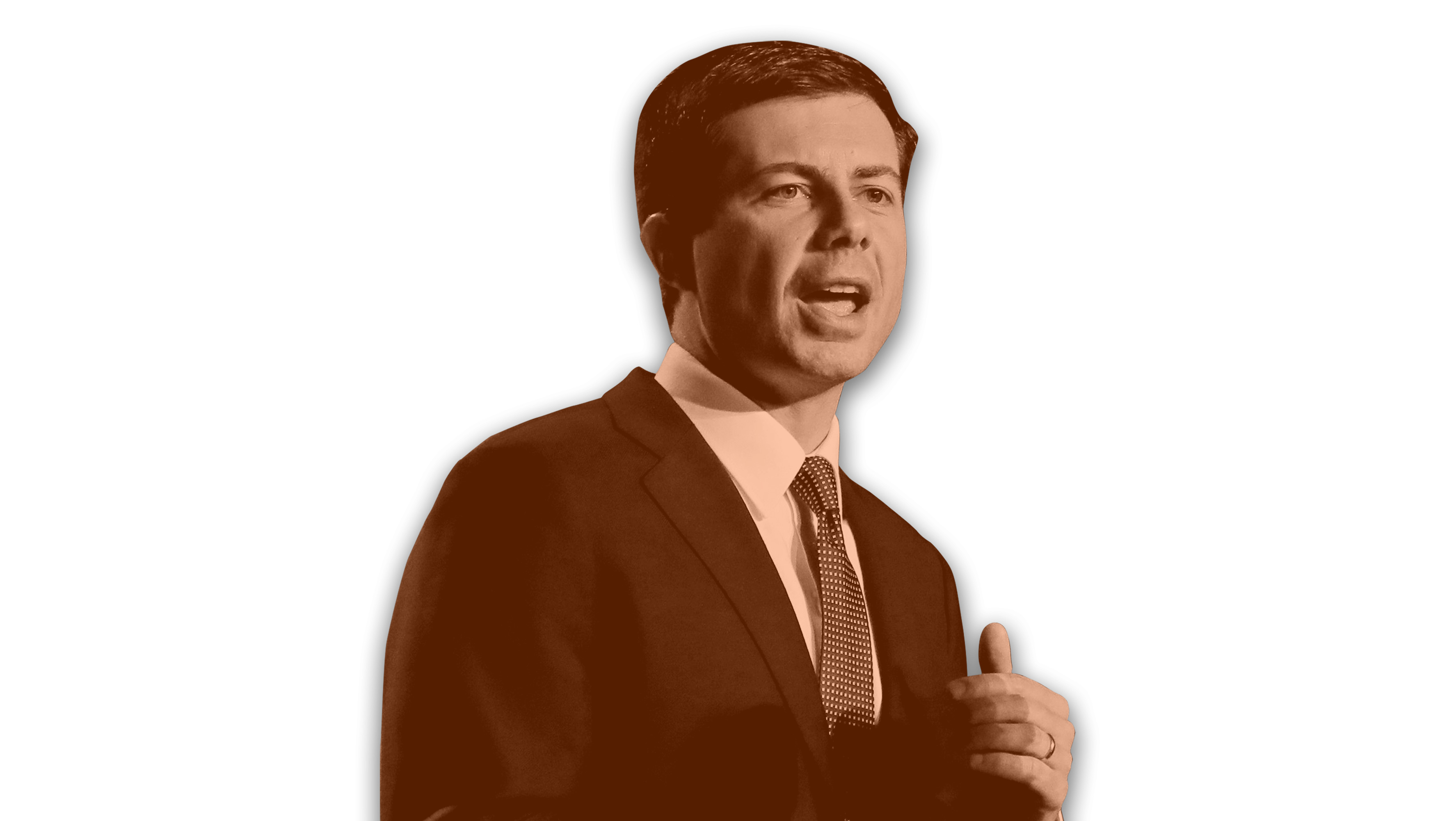
Pete Buttigieg wants to be the next American president. He also happens to be gay. Better known as Mayor Pete, the South Bend, Indiana mayor threw his hat in the race in April, sealing the start of his Democratic leadership campaign with a kiss with his husband, Chasten.
Mayor Pete has so far seemed to captivate the media: Here is a potential leader whose ideology and lived experiences differ so radically from the incumbent Donald Trump. The 37-year-old’s platform calls for an American single-payer healthcare system, legislation to tackle the climate crisis in a serious and effective way and electoral reform in the U.S. voting system—making him, as Vox notes, “solidly progressive in a way that could satisfy the Democratic base’s hunger for a bolder, less centrist approach to policy.” Most of all, Buttigieg made waves for his accessibility: He appeared on late-night talk shows, became a meme and posted cute dogs pics for the internet to swoon over.
But Buttigieg’s campaign has not been without criticism. His troubling history with managing South Bend’s policing controversies—specifically regarding police treatment of Black citizens and people of colour—surfaced in August, garnering national attention and calling to question Buttigieg’s commitment to Americans of colour. The Outline’s Jacob Bacharach also called him “the most palatable gay man in America”—a white, married politician in a position of power who fails to represent some of the country’s more diverse queer and trans communities. And just this month, he was captured volunteering with the Salvation Army, an organization with a history of being anti-LGBTQ2.
Still, with initial polls in Iowa showing Buttigieg as the front-runner in the Democratic race in that state, it’s unlikely Mayor Pete is going away soon.
The rise of anti-trans rhetoric in Canada
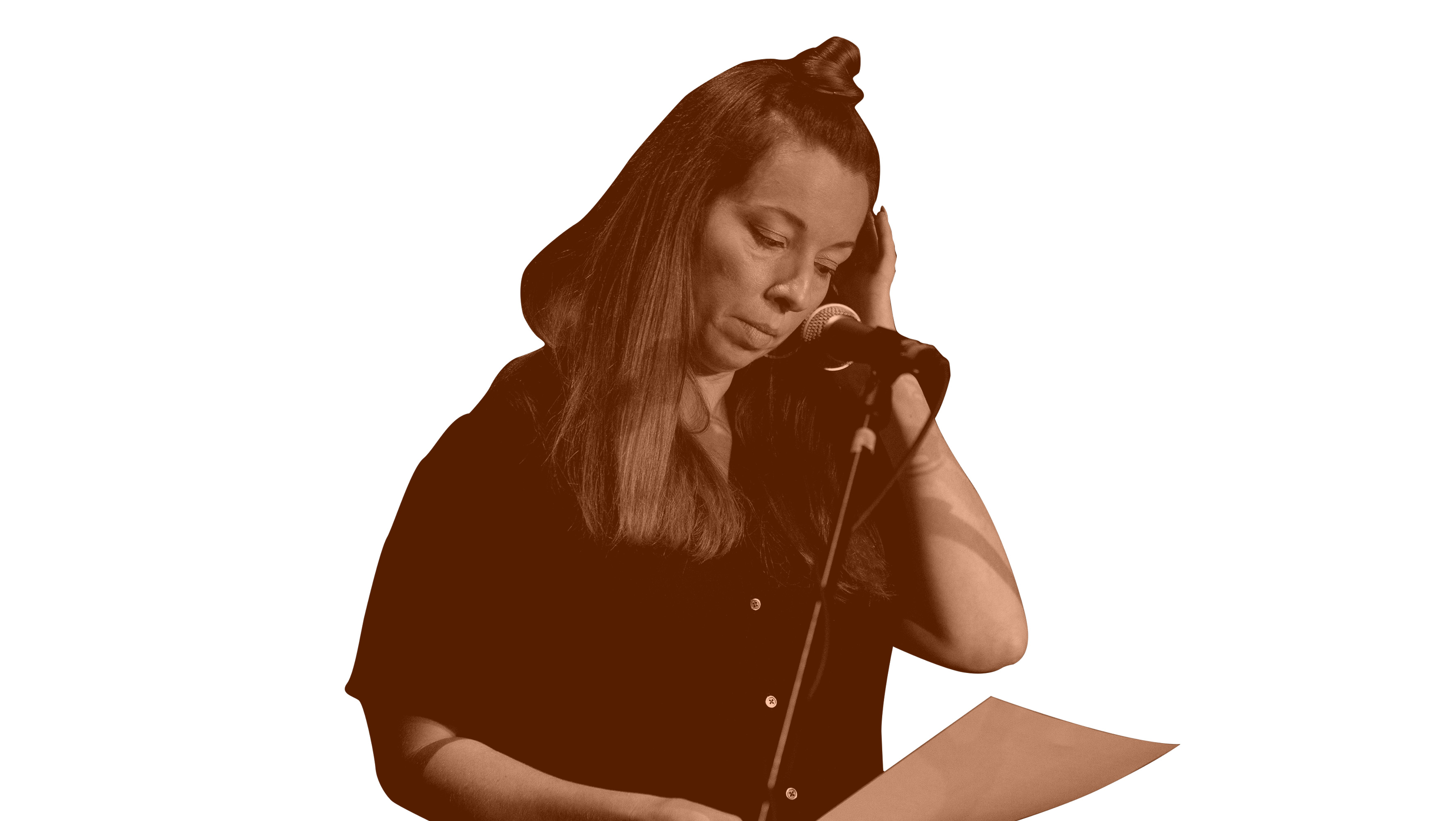
In October, the Toronto Public Library rented space to an organization hosting a speaking engagement for self-proclaimed “gender critic” Meghan Murphy. The event, organized by Radical Feminists Unite—a group that says it is “critical of the politics of transgenderism” and defines “woman” as someone who is raised female from birth—was protested by LGBTQ2 community members and allies for its anti-trans content. Among Murphy’s main talking points: how Bill C-16, which added gender identity and gender expression as prohibited grounds for discrimination in the Criminal Code in 2017, reinforces sexism and undermines the rights of cisgender women.
It’s not the first time Murphy has created controversy. In January, the Vancouver Public Library rented space to a group that was hosting a talk by Murphy. And in September, LGBTQ2 advocates and allies flagged an event called “How media bias shapes the gender identity debate” at Vancouver’s Simon Fraser University (SFU). The event featured three conservative speakers critical of trans rights: Post Millennial writer Anna Slatz, Quillette editor Jonathan Kay and Murphy.
Anti-trans rhetoric is a growing issue across the globe, especially in pockets of the U.K. But as debates confusing trans rights with free speech pop up, anti-trans thinkers and speakers have become even more emboldened to rail against trans and non-binary people.
As the year comes to a close, LGBTQ2 community members and allies are continuing to grapple with anti-trans activists and how best to handle the conflict. Some trans people say they’ll continue to boycott institutions, like the Toronto Public Library, that support these anti-trans events. Others argue that we must find a way to actively dispel the myths about trans rights and protections that anti-trans activists have peddled. As Kai Cheng Thom writes: “We are being sold the notion that there is not enough space or safety in the world for all of us—that only trans rights or cis women’s rights can triumph, and that one must inevitably lose. I do not believe this. I believe that we are creative, compassionate and resilient enough to pursue safety, freedom and justice for all.”
Violence against trans and gender-expansive people
So far in 2019, there have been 22 reported cases of trans and gender-expansive people being shot or killed by other violent means in the U.S. alone.
The Human Rights Commission (HRC) has been documenting violence against transgender and gender-expansive people since 2013. Last year, it released a report that found that more than 130 transgender and gender-expansive people had been killed in the U.S. since 2013, and most of the victims were trans women of colour. However, it’s hard to know how accurate this number is, because many deaths go unreported.
In 2009, following the passage of the Matthew Shepard and James Byrd Jr. Hate Crimes Prevention Act, the FBI began tracking crimes motivated by a victim’s actual or perceived gender identity, sexual orientation or disability. While this is valuable information, a vast number of American jurisdictions either fail to, or inaccurately report their data, often claiming hate crimes don’t exist.
In last year’s HRC Addressing Anti-Transgender Violence report, Kylar Broadus, executive director of the Trans People of Colour Coalition, said in a statement: “Media, police and even family members sometimes misgender victims, making it even more difficult for advocates to collect reliable data.”
Still, the HRC determined that violence “disproportionately affects transgender women of colour, and that the intersections of racism, sexism, homophobia, biphobia and transphobia conspire to deprive them of employment, housing, healthcare and other necessities, barriers that make them vulnerable.”
U.S. President Donald Trump showed his anti-LGBTQ2 beliefs this year
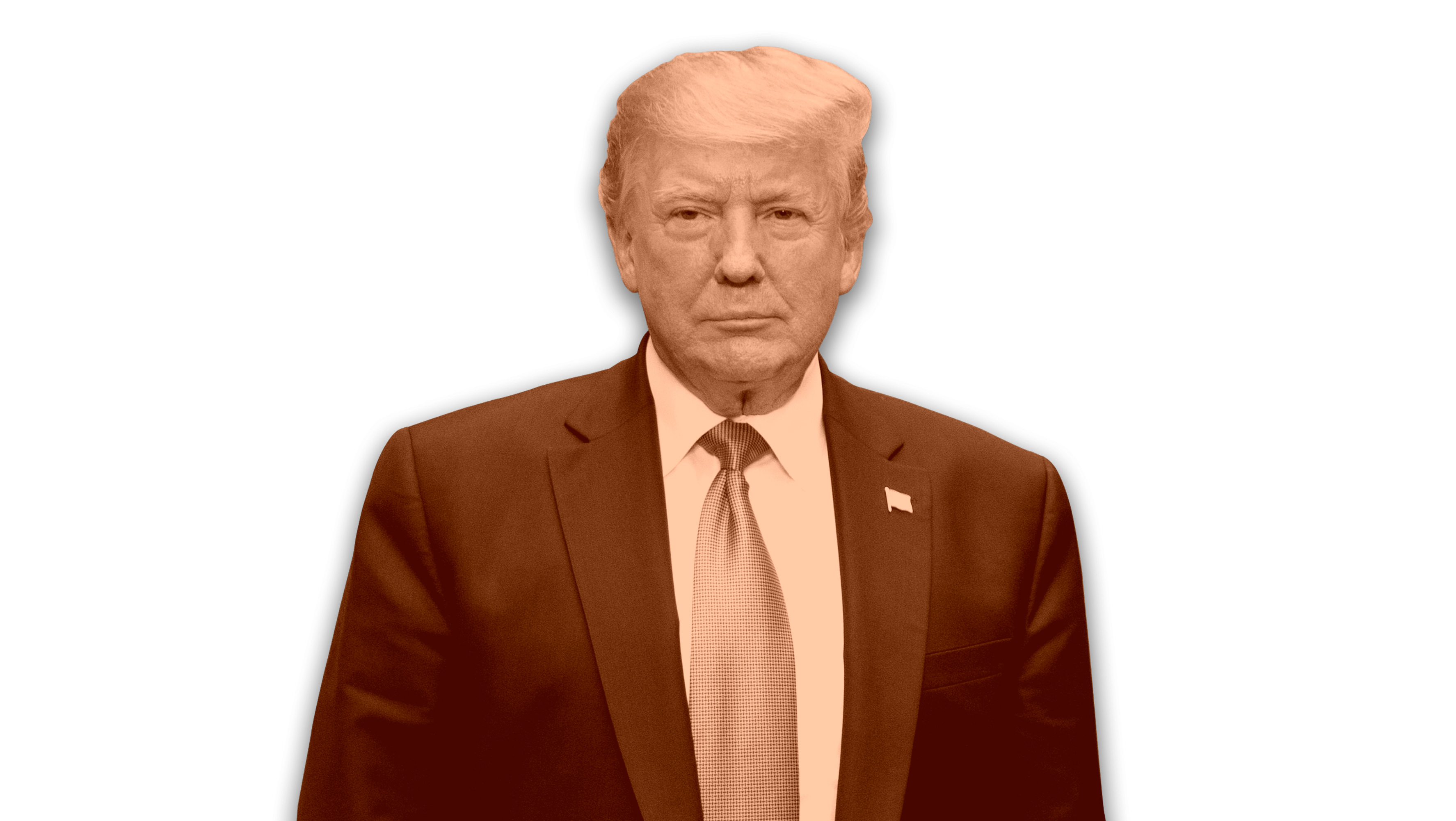
Since he won the 2016 U.S. presidential election, Donald Trump and his administration have repeatedly supported anti-LGBTQ2 initiatives. According to a document tracked by LGBTQ2 media watchdog GLAAD, Trump has attacked queer people via policy and rhetoric 130 times since he became president in 2016.
So far, Trump has rolled back protections for trans students and allowed employers to discriminate against LGBTQ2 workers on the grounds of “religious freedom.” And this year, Trump’s administration tried to ban trans people from serving in the military.
Trump’s government also proposed changing the wording of a Department of Health and Human Services (HHS) rule. The proposed change would undo the protections set out by the Obama administration, which explicitly state that any person eligible to obtain the HHS’ services won’t be discriminated against based on “characteristics such as age, race, sexual orientation and gender identity.” The current administration’s proposed rule would guarantee people’s protections based on the existing federal statute. This includes those covered by laws like the Civil Rights Act of 1964 and others that protect against discrimination based on age and race, but not sexual orientation and gender identity. As noted by The Washington Post, this change would “effectively eliminate discrimination protections for LGBTQ Americans in all of HHS grants programs.”
The change is currently stalled because of disagreements from HHS’ top officials. But if adopted, it will affect the country’s federally funded child welfare system, as well as foster care and adoption programs. Most agencies that receive this funding are faith-based organizations in states like South Carolina, Michigan and Texas. Many have been vocal in their opposition to being “forced” to work with LGBTQ2 parents, saying it requires them to cast aside their religious beliefs.
Meanwhile, in August, some experts concluded there’s a link between Trump’s rhetoric and the increase of hate crimes in the country.
Queer rights around the world
Across the globe, LGBTQ2 people faced a number of grave challenges to their rights and freedoms.
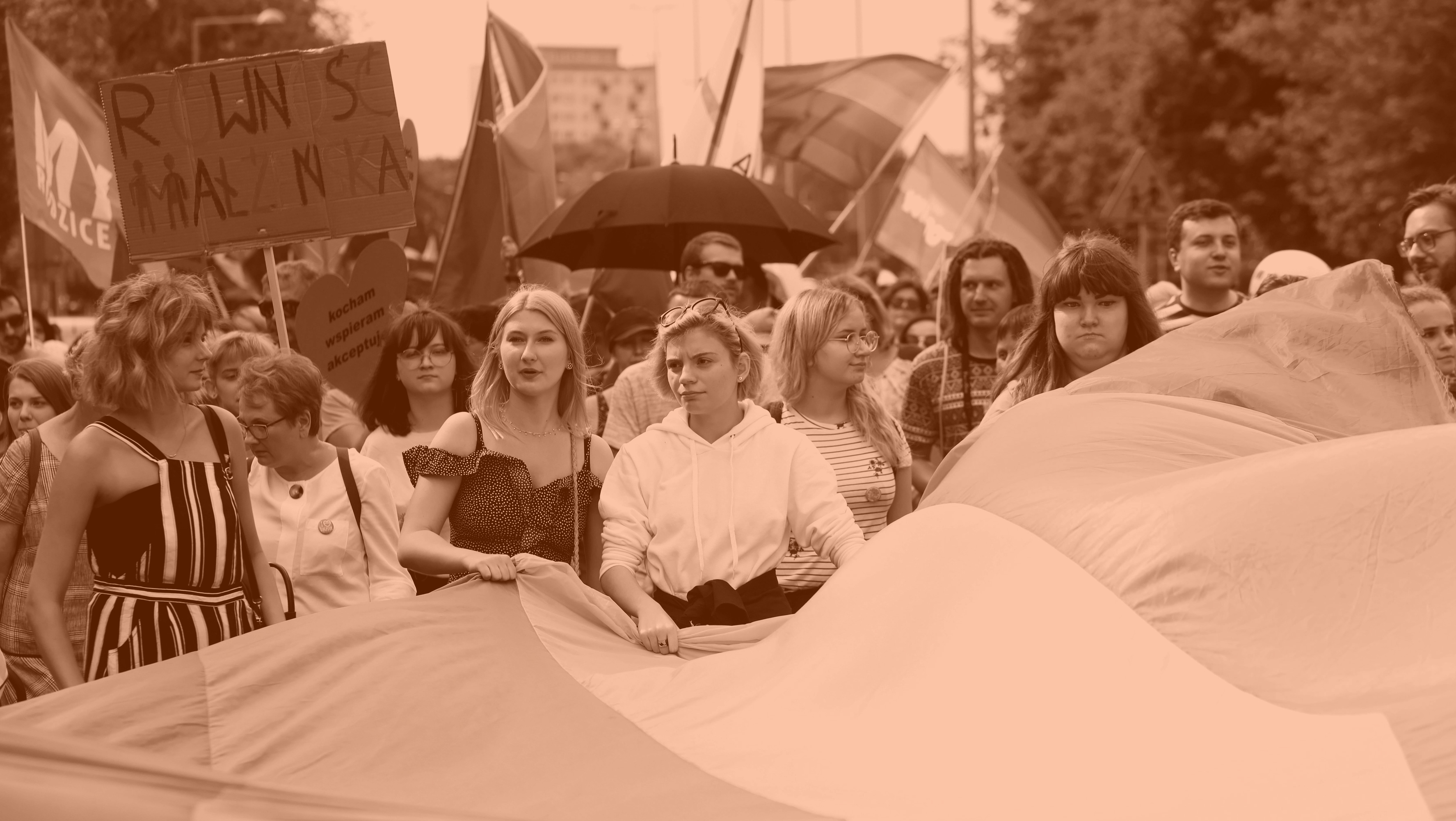
Anti-LGBTQ rhetoric in Poland: In a time of increasing right-wing nationalism, hostile anti-LGBTQ sentiment has become more pronounced and visible in Poland this year. Poland’s ruling Law and Justice (PiS) Party has been more overt in their use of an anti-LGBTQ rights stance to secure the right-wing vote during this year’s European and national parliamentary elections.
This first started when Warsaw’s mayor, Rafa Trzaskowski, signed a 12-point LGBTQ rights declaration in February. In it, the government of Poland’s capital established progressive policies on issues including finding shelter for queer children thrown out of their homes, support of artistic freedom and queer sports clubs and using the World Health Organization’s guidelines to incorporate sexual education into schools.
Meanwhile, more than two dozen cities across Poland have declared their towns an “LGBT-free zone”—a number that grew after Trzaskowski signed the declaration. And in July, things took a violent turn when dozens of LGBTQ people were physically assaulted by members of the far right during Biaystok’s first Pride parade.
Then, the Warsaw District Court ordered Gazeta Polska to immediately halt distribution of “LGBT-free zone” stickers after Polish LGBTQ-rights activist Bartosz Staszewski’s brought legal action against the publication. However, Gazeta Polska rebuked the court’s decision. On Twitter, the paper’s editor-in-chief, Tomasz Sakiewicz, called it “fake news” and challenged the validity of the court order, claiming that it was “unlawful and unenforceable.” Sakiewicz also warned shop owners who sell the paper that: “[Anyone who] will hide the paper or the sticker, we will sue them.”
But Polish queer and trans folks are fighting back. LGBTQ Poles have revealed their identities using #jestemLGBT on Twitter. Polish celebrities and personalities have also expressed their support. Some queer Poles even released a video lip-syncing to Taylor Swift’s “You Need To Calm Down.” Amnesty International said the hashtag could start a #MeToo-type movement for LGBTQ people in Poland.
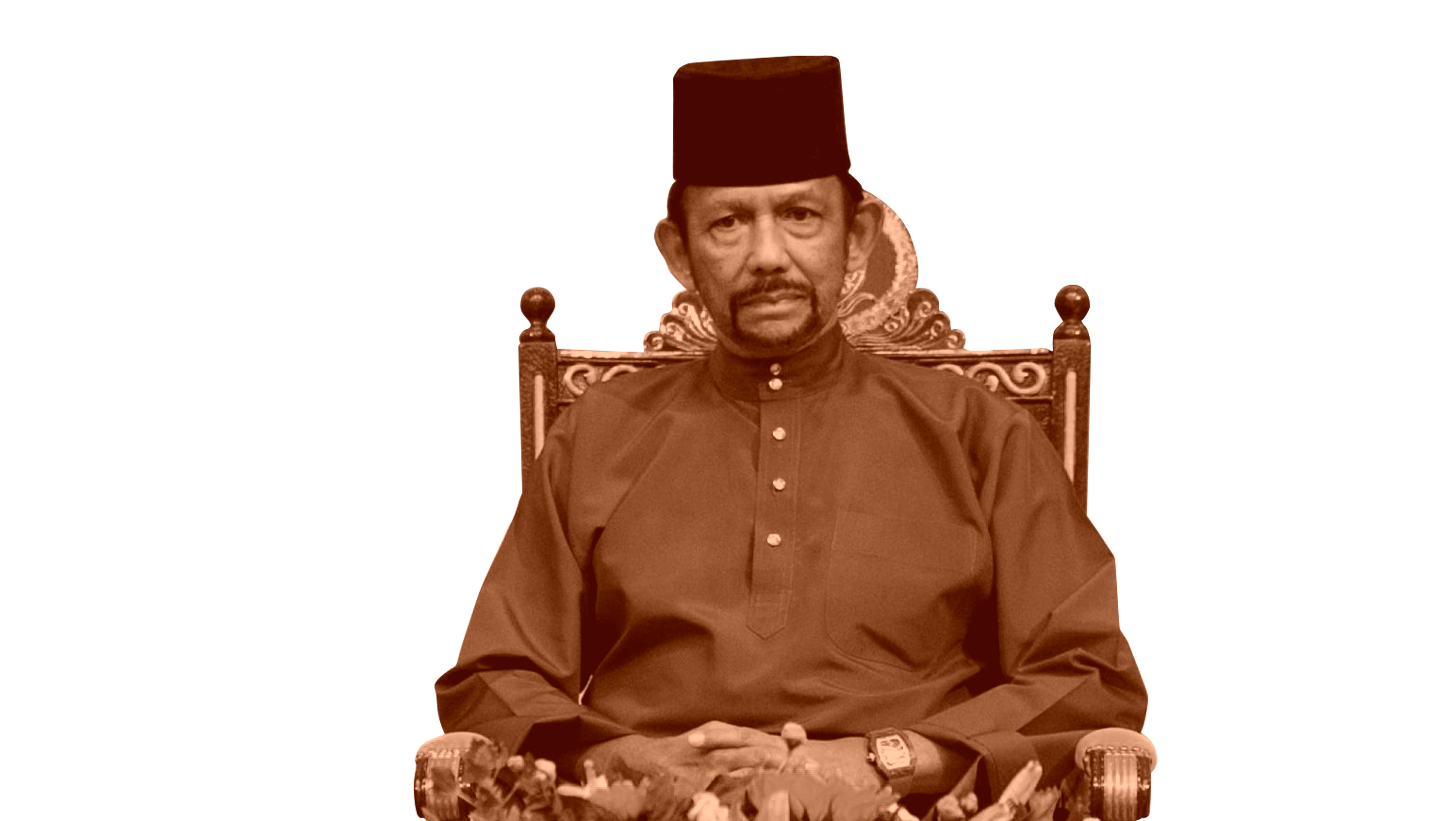
Brunei’s Shariah laws: In April, Brunei announced it will enact strict Shariah laws that include punishing gay sex with death by stoning. Anyone found guilty of crimes including rape, adultery and gay sex will be sentenced to death by stoning. After the announcement, LGBTQ Bruneians expressed fear, with some saying they have even considered fleeing the country.
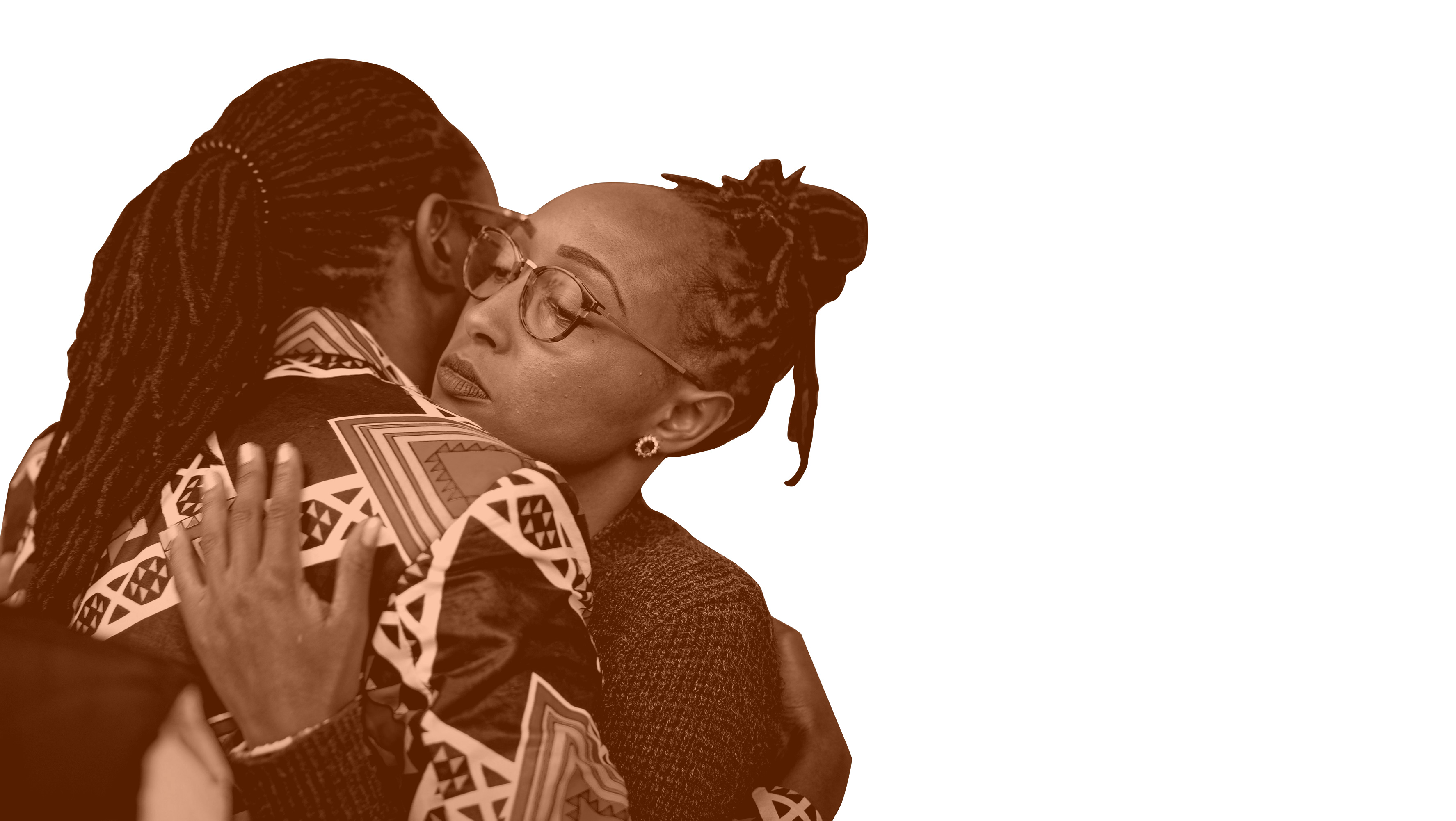
Kenya criminalizes gay sex: In May, the Kenyan government decided to uphold old laws that criminalize gay sex. This decision came three years after Kenyan civil rights lawyers and activists filed a lawsuit to abolish two colonial-era laws that treat gay sex—an act defined under the country’s penal code as “against the order of nature”—as a crime that could result in up to 14 years in prison. The verdict was meant to be handed down in February but was delayed due to the absence of some of the presiding judges.
Kenya’s high court ruled that the motion to abolish the laws failed to prove that LGBTQ people were discriminated against in the primeval penal code. The presiding judges also argued that the colonial-era laws don’t deny LGBTQ people access to healthcare services based on their sexuality.
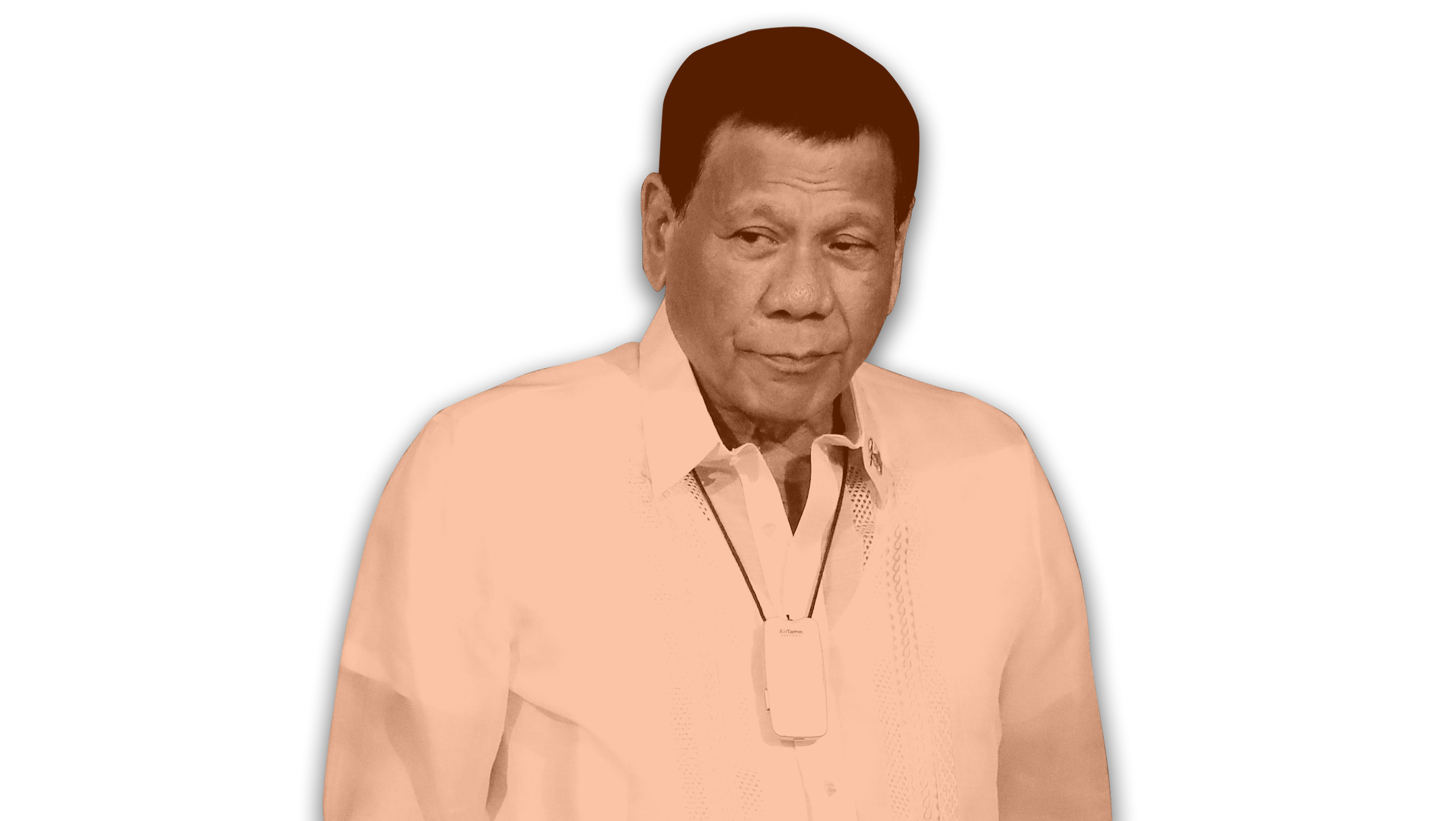
Philippines’ SOGIE bill: In September, the Sexual Orientation and Gender Identity and Expression (SOGIE) equality bill became a topic of debate in the Philippines.
It began in August, when Gretchen Custodio Diez, a trans woman, was stopped by a janitor from using the women’s washroom at the Cubao mall in Quezon City, Philippines. The janitor attacked and insulted Diez, and the encounter was caught on video. The incident ignited a national discussion on LGBTQ rights in the country. Some media outlets even dubbed Diez the new face of the fight for LGBTQ rights in the Philippines—one that’s been ongoing for the past two decades.
After the story of Diez’s attack surfaced, Senator Risa Hontiveros delivered a speech in the Senate, calling on her colleagues to pass the SOGIE bill. Diez also met with Philippine President Rodrigo Duterte and, in an interview with Rappler, Diez said she and Duterte discussed the possibility of passing the SOGIE bill.
Duterte suggested plans to certify the SOGIE bill as urgent saying: “I want [LGBTQ people] to be happy.” However, a day after this statement, presidential spokesperson Salvador Panelo said that the president was “referring to an anti-discrimination bill, not the SOGIE bill” when he made the announcement.

For stories on politics and LGBTQ2 rights, subscribe to Xtra’s newsletter, Xtra Weekly. It’s also been a very gay federal election in Canada, so re-visit the drama with Rainbow Votes 2019. And if you love queer history, check out Still Fighting: LGBTQ2 Rights at 50.

This story is part of our Rainbow Rewind 2019 series—looking back at the past year and decade in politics, health, culture and more.
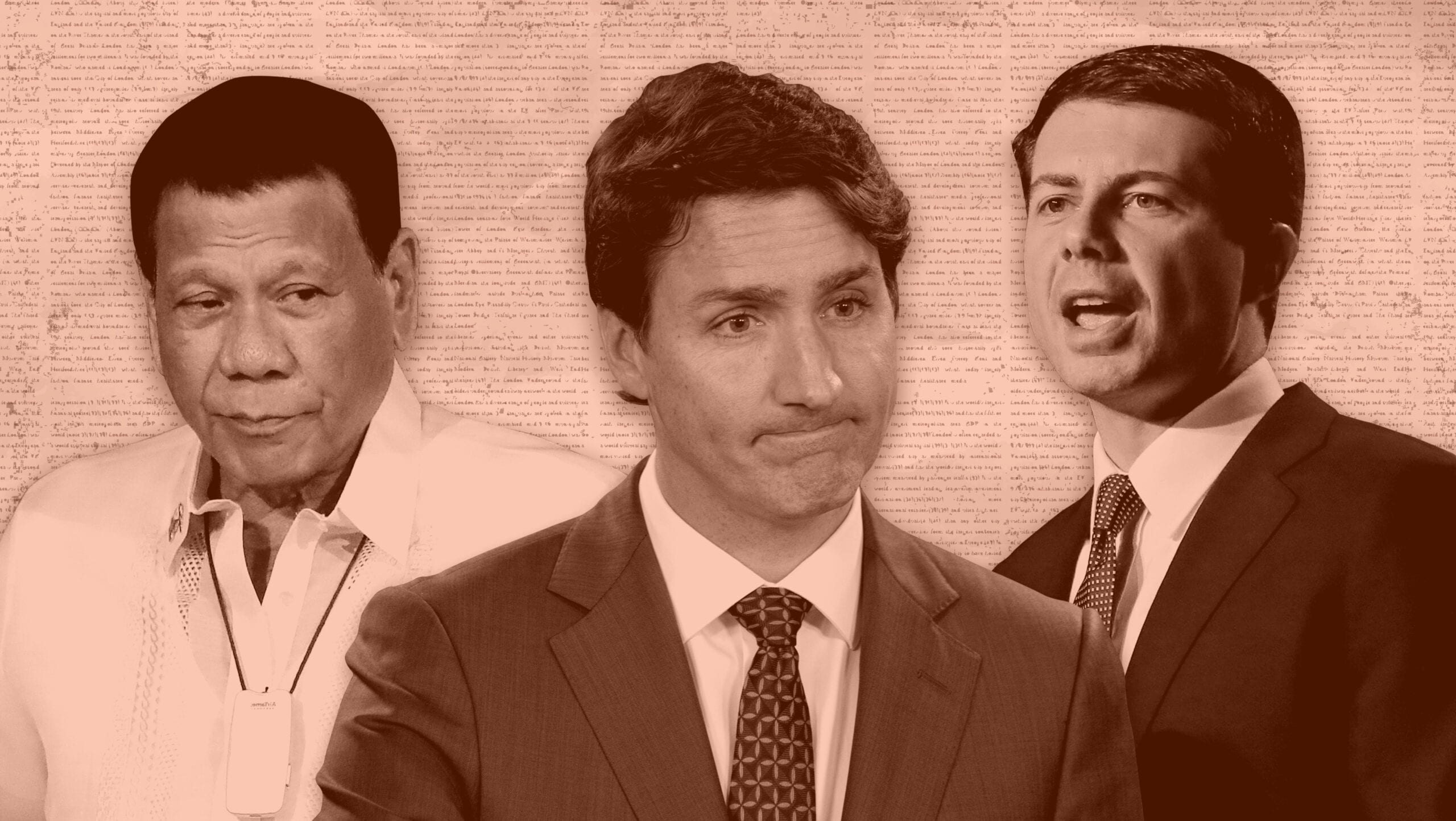


 Why you can trust Xtra
Why you can trust Xtra


